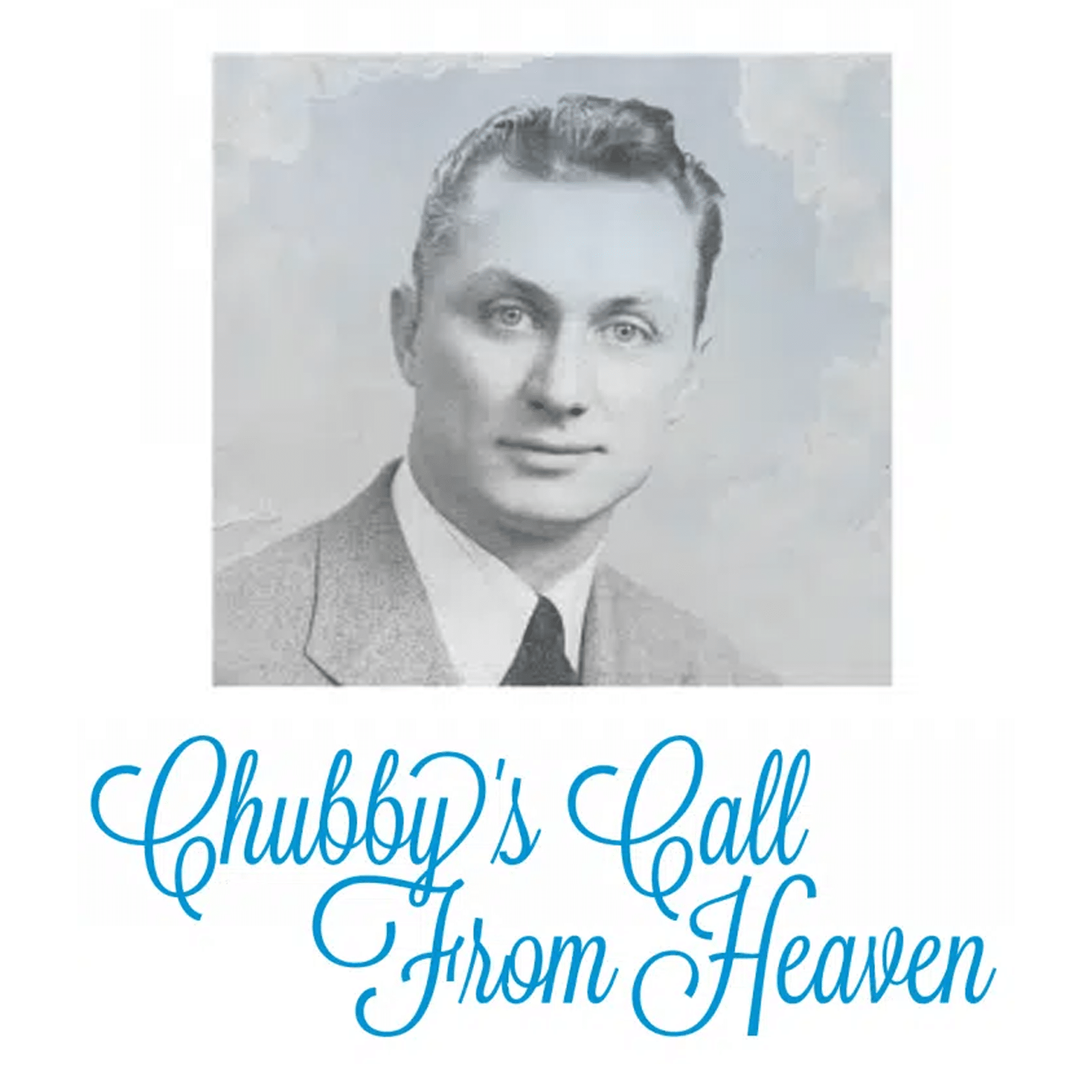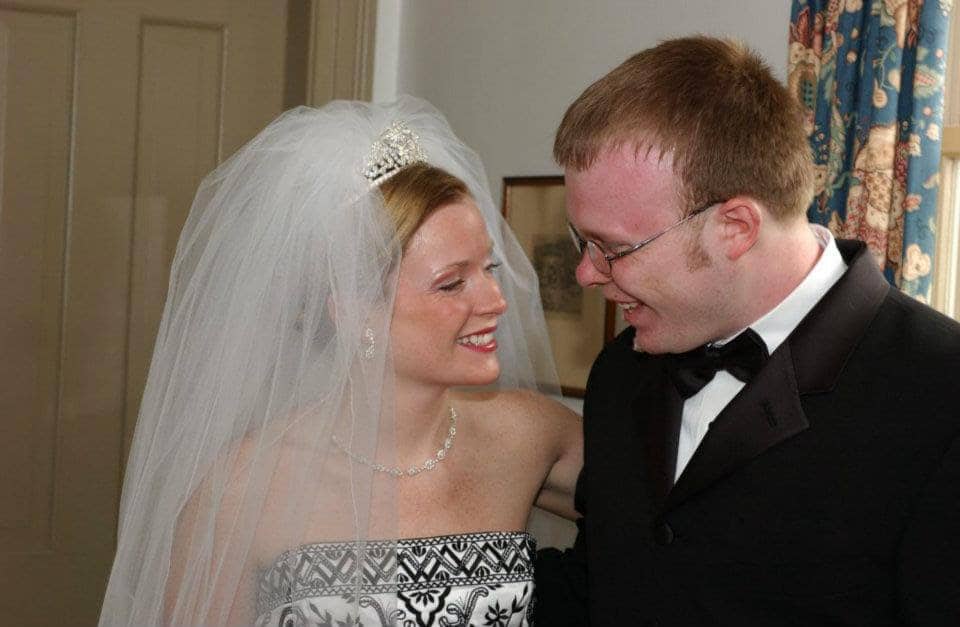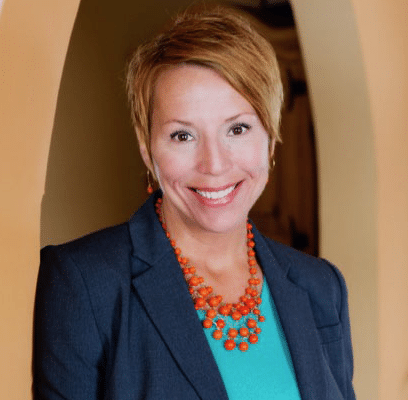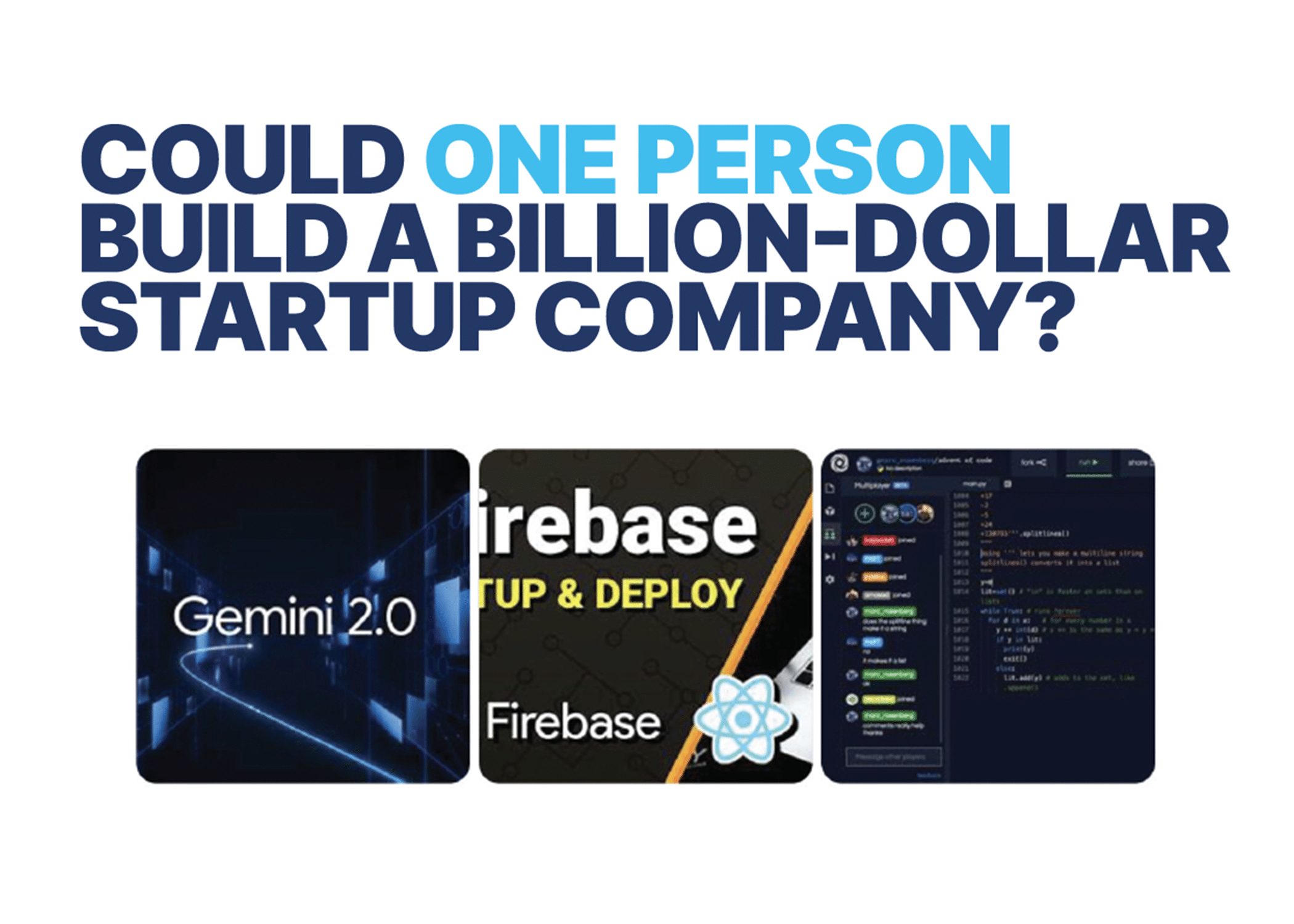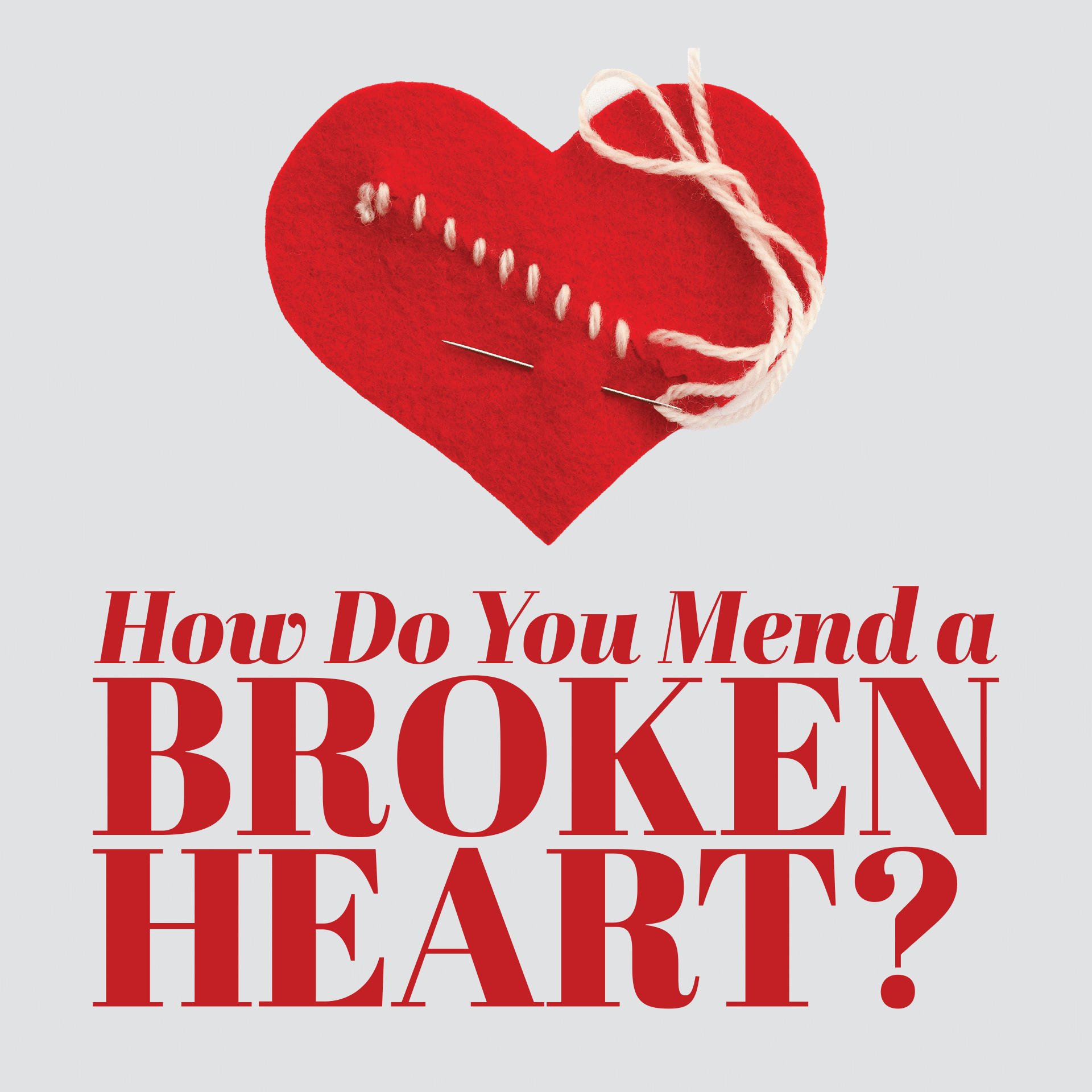One evening, as I was reflecting on the holiday event Teresa and I had just hosted for our companies, my phone buzzed. The caller ID said, “Chubby.” My heart smiled because Chubby was my dad’s nickname. He has been gone in the flesh for years, but his presence never left me. I was excited and answered.
“Great event, son,” he began. “You couldn’t have picked a better speaker than Rita Davenport. That ‘be nicer than necessary’ message she shared? Gold. Pure gold. I hope everyone took it to heart.”
“I think they did, Dad,” I replied. “And by the way, I wrote about Rita in my article last week.”
“Good,” he said. “I hope you didn’t forget one of the lessons I taught you about being kind: ‘Whenever you think something nice about someone, tell them before you forget.’ You remember that one, don’t you?”
I nodded, knowing Dad was looking down on me. Chubby continued “People need to hear good things about themselves,” he’d say with conviction. “It lifts their spirits, and trust me, it’ll lift yours too.”
Chubby, Rita, and Tex Earnhardt taught me that kindness is more than a life lesson—it’s a way of life. I haven’t reached their high standard, but I’m trying.
Smarts vs. Education
As Chubby and I were talking, I reflected on how his journey had been shaped by challenges I never faced. Chubby’s father had died when he was young, and unlike me, he grew up poor, with a single mom juggling two jobs to support them. He had no college education, no connections, and no special advantages to begin adult life. Yet Chubby leveraged hard work and acquired street smarts into financial success, enabling me (through his generosity) to have a college and law school education and a great job with his Cincinnati real estate firm when I graduated.
That thought was interrupted by Chubby’s next comment. “Greg, I’m proud of you. I’ve watched, and your education didn’t make you content, preventing you from remembering perhaps the most important lesson I taught you—the difference between being educated and being smart.”
Dad was right about that. I’ve devoted a lot of time and money to learning how to better communicate, stay focused, manage my time, relate to people, and make more thoughtful, non-reactive decisions. Heck, that’s one of the reasons I’ve written these weekly articles for almost 20 years. No matter how busy I am, I must devote a few hours each week to thinking about, researching, and writing about things I believe will interest and help you, which does the same for me.
My wife, Teresa, never knew my dad, but she sure follows his advice. She has an insatiable hunger for self-improvement, currently devouring Chris Voss’s book about negotiating, Never Split the Difference. I know because she practices on me.
If you haven’t read it, it’s a darn good book, one that will make you smarter in the way you communicate in business, with kids, spouses, and friends. I met Chris at a seminar many years ago. He is a former FBI hostage negotiator, now with his own company, The Black Swan Group.
In a nutshell, Chris teaches that the best negotiators display empathy with the other party, asking questions that begin with “how” and “what,” but not “why,” such as, “How would I go about getting you what you want?” Chris teaches that it’s important not to be combative, with the goal being to get the other side to let their guard down by empathizing with you, understanding your challenges in helping them get what they want, and ultimately trying to help you. Chris teaches that good negotiation is founded on carefully crafted questions that tap into emotion rather than rationale.
Pursue Intelligent Goals
Suddenly, Chubby snapped me out of those reflections, saying, “Greg, remember when you were in high school and idolized the basketball great, Oscar Robertson, the Big O? You decided to try out for your school team.”
“Yeah, Dad. I remember. I practiced harder than anyone, but I didn’t have big hands, couldn’t dribble worth a darn, and couldn’t jump high enough to touch the rim, much less dunk the ball. I barely made the team and sat on the bench all season. It was frustrating, no fun. One night you were driving me home from a game and talked all the way home about not letting dreams trump being smart, that I should only pursue intelligent goals the rest of my life, goals based on my talent, my strengths, not just my desire.”
“Did that help you?” Chubby asked.
“Yes, for sure,” I said.
“Then why do you persist in betting Teresa on golf?” Dad shot back with a loving but triumphant “got you” giggle.
The Only Real Risk
“Greg, there are two more things I want to share. Okay?” Chubby asked.
“Sure,” I replied, aware of the sudden emotion in his voice.
“First,” Chubby said. “You write about me often. Thank you. It means a lot. But don’t forget your mom was my inspiration, my foundation, and without her, you wouldn’t be here, right?”
“Dad, I’m sorry. You’re right. She was the best mom ever. I’ll correct that next year,” I replied with guilt in my voice. No doubt, my mom was the glue that bound our family.
“Now, Greg, one last thing,” Chubby said with surprising sternness. “In 2025, remember something I didn’t think about while I was alive, but wish I had. The only real risk in life is you won’t get it all done before you are. When you accept your final destiny, the risks of everyday life seem like no risks at all. So, whatever you still want to achieve, don’t let risk get in the way.”
“I won’t, Dad,” I replied with sudden sadness in my heart, realizing that “don’t let risk get in the way” were the final words of Chubby’s call from Heaven.
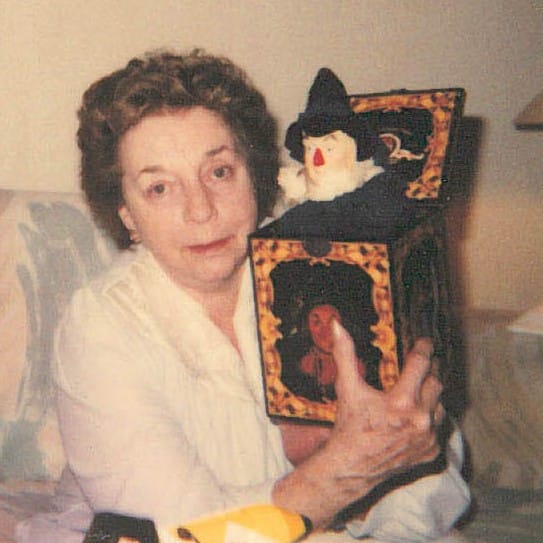
My mom, Catherine

